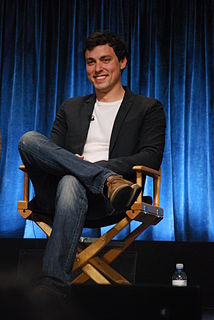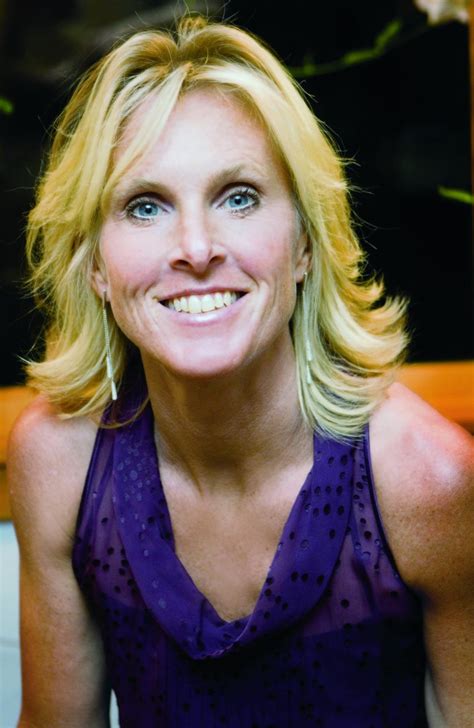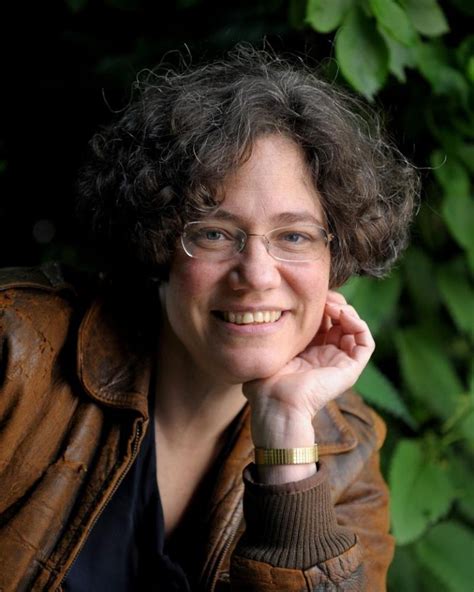A Quote by Nick Antosca
In fiction, I have a residual guilt when I focus on story over language or mood or whatever - the more "literary" things. In screenwriting, I don't have that guilt because story is the only thing. Character, dialogue, everything else - they feed into and drive story.
Related Quotes
The story is the only thing that's important. Everything else will take care of itself. It's like what bowlers say. You hear writers talk about character or theme or mood or mode or tense or person. But bowlers say, if you make the spares, the strikes will take care of themselves. If you can tell a story, everything else becomes possible. But without story, nothing is possible, because nobody wants to hear about your sensitive characters if there's nothing happening in the story. And the same is true with mood. Story is the only thing that's important.
A short story is confined to one mood, to which everything in the story pertains. Characters, setting, time, events, are all subject to the mood. And you can try more ephemeral, more fleeting things in a story - you can work more by suggestion - than in a novel. Less is resolved, more is suggested, perhaps.
I enjoy both acting and screenwriting, in completely different ways. You have more creative freedom with writing because you can create everything that happens. But, as an actor you also have creative freedom because you don't so much focus on what has to move the story along, and only on how your character is reacting to situations.
Do remember, though, that unless you're a playwright, the result [dialogue] isn't what you want; it's only an element of what you want. Actors embody and re-create the words of drama. In fiction, a tremendous amount of story and character may be given through the dialogue, but the story-world and its people have to be created by the storyteller. If there's nothing in it but disembodied voices, too much is missing.
A story is a way to say something that can't be said any other way, and it takes every word in the story to say what the meaning is. You tell a story because a statement would be inadequate. When anybody asks what a story is about, the only proper thing is to tell them to read the story. The meaning of fiction is not abstract meaning but experienced meaning.
The Universe story is the quintessence of reality. We perceive the story. We put it in our language, the birds put it in theirs, and the trees put it in theirs. We can read the story of the Universe in the trees. Everything tells the story of the Universe. The winds tell the story, literally, not just imaginatively. The story has its imprint everywhere, and that is why it is so important to know the story. If you do not know the story, in a sense you do not know yourself; you do not know anything.
I think that people have to have a story. When you tell a story, most people are not good storytellers because they think it's about them. You have to make your story, whatever story it is you're telling, their story. So you have to get good at telling a story so they can identify themselves in your story.
When you are in the middle of a story it isn't a story at all, but only a confusion; a dark roaring, a blindness, a wreckage of shattered glass and splintered wood; like a house in a whirlwind, or else a boat crushed by the icebergs or swept over the rapids, and all aboard powerless to stop it. It's only afterwards that it becomes anything like a story at all. When you are telling it, to yourself or to someone else.






































